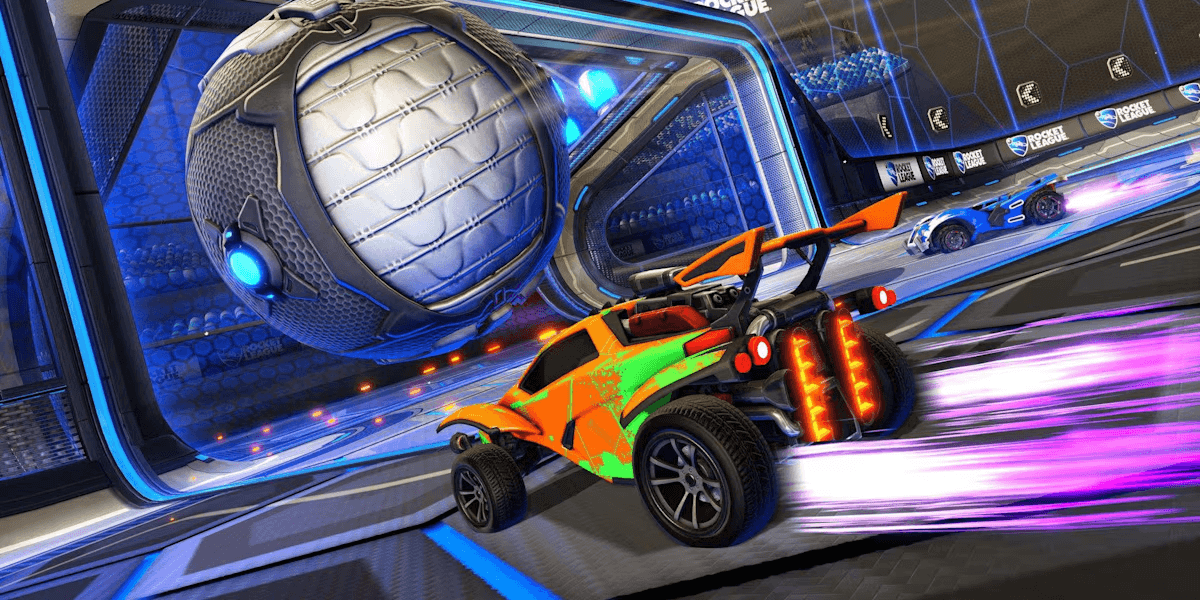

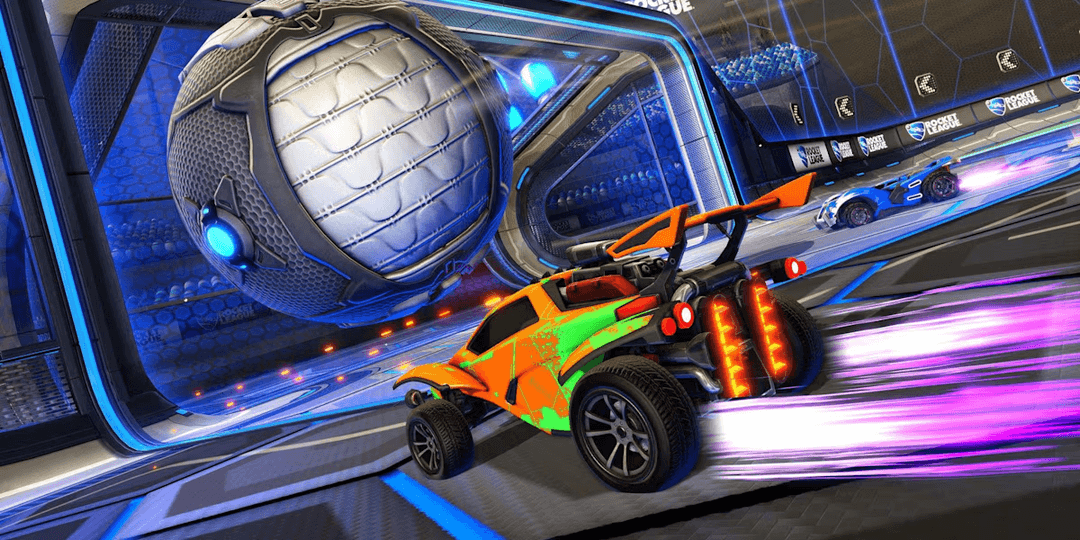
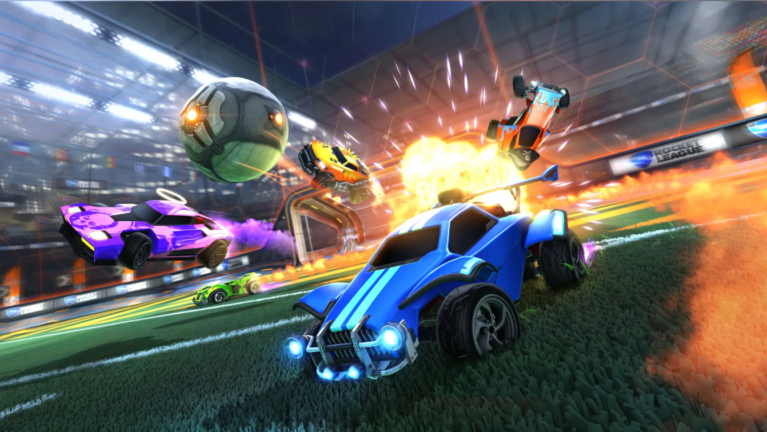
Rocket League is tricky to describe… Imagine traditional soccer, but instead of human players, you’re controlling rocket-powered cars that can flip, boost, and fly through the air! The main goal? (no pun intended) To score a goal by hitting a giant ball into the opponent’s net.
Besides smashing the ball into the net, Rocket League combines a nice chunk of football and hockey strategy, with a racing game's mechanical skill to deliver a fast-paced, unique experience.
While the game is very popular, Rocket League has long been on the fringe of competitive gaming.
Although fans love the game, it was not considered a competitive, serious title compared to tactical shooters or MOBAs, like League of Legends.
However, in 2025, things changed, as Rocket League tournaments became major international events, boasting massive fan bases and even the attention of big sponsors.
But, how did this come to be? How did Rocket League turn into a serious competitive title? Read on to find out.
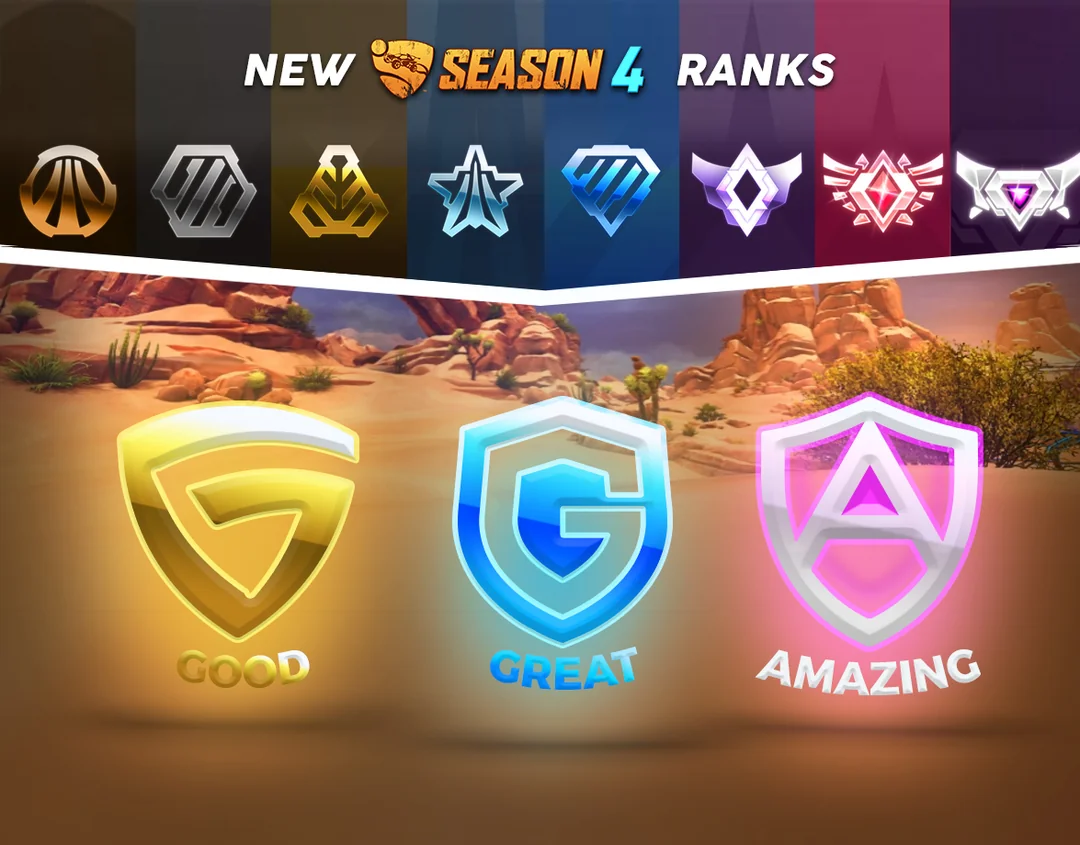
As mentioned, Rocket League was often seen in its early years as a fun alternative to more intense esports due to its easy-to-learn gameplay.
However, once players realized this was not an easy game, but instead, one with an extremely high skill ceiling, things took a turn.
The turn? An organized structure and mainstream attention would bring it to the top tier of esports, all achieved through the new RLCS structure.

The overhaul of the Rocket League Championship Series (RLCS) was a major turning point. Psyonix introduced a more regionally integrated model, which brought financial stability to organizations and enabled the long-term progression of teams and players.
In 2025, we are seeing the full benefits of that system: larger prize pools, improved player contracts, and a better narrative throughout the competitive season.
In summary, franchising has also opened the door for more international participation. While North America and Europe remain strongholds of this international participation, teams from South America, the Middle East, and Southeast Asia are making deep runs in the tournament, which was unheard of just a few years ago.
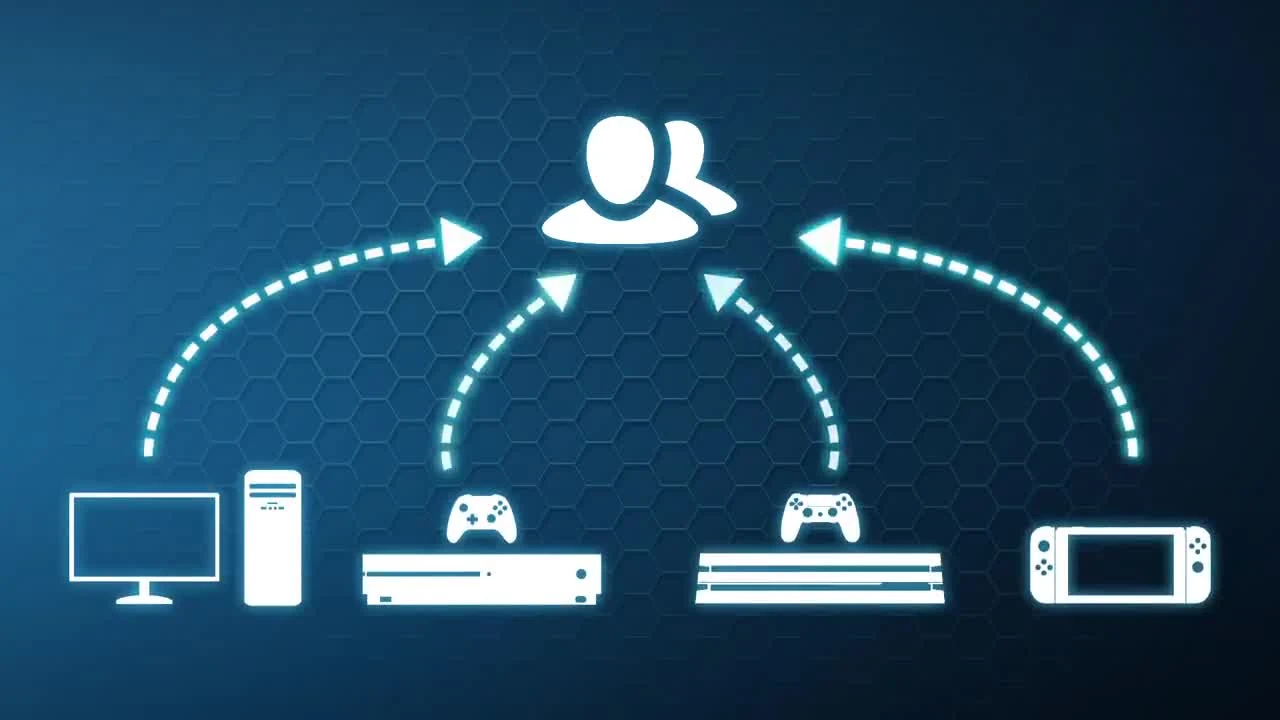
What makes Rocket League unique in the esports ecosystem is its universality. Psyonix has invested considerable effort in ensuring that matches are engaging and enjoyable. There are no complex mechanics or intense battles, and the rules are instantly understandable, making it accessible across different cultures.
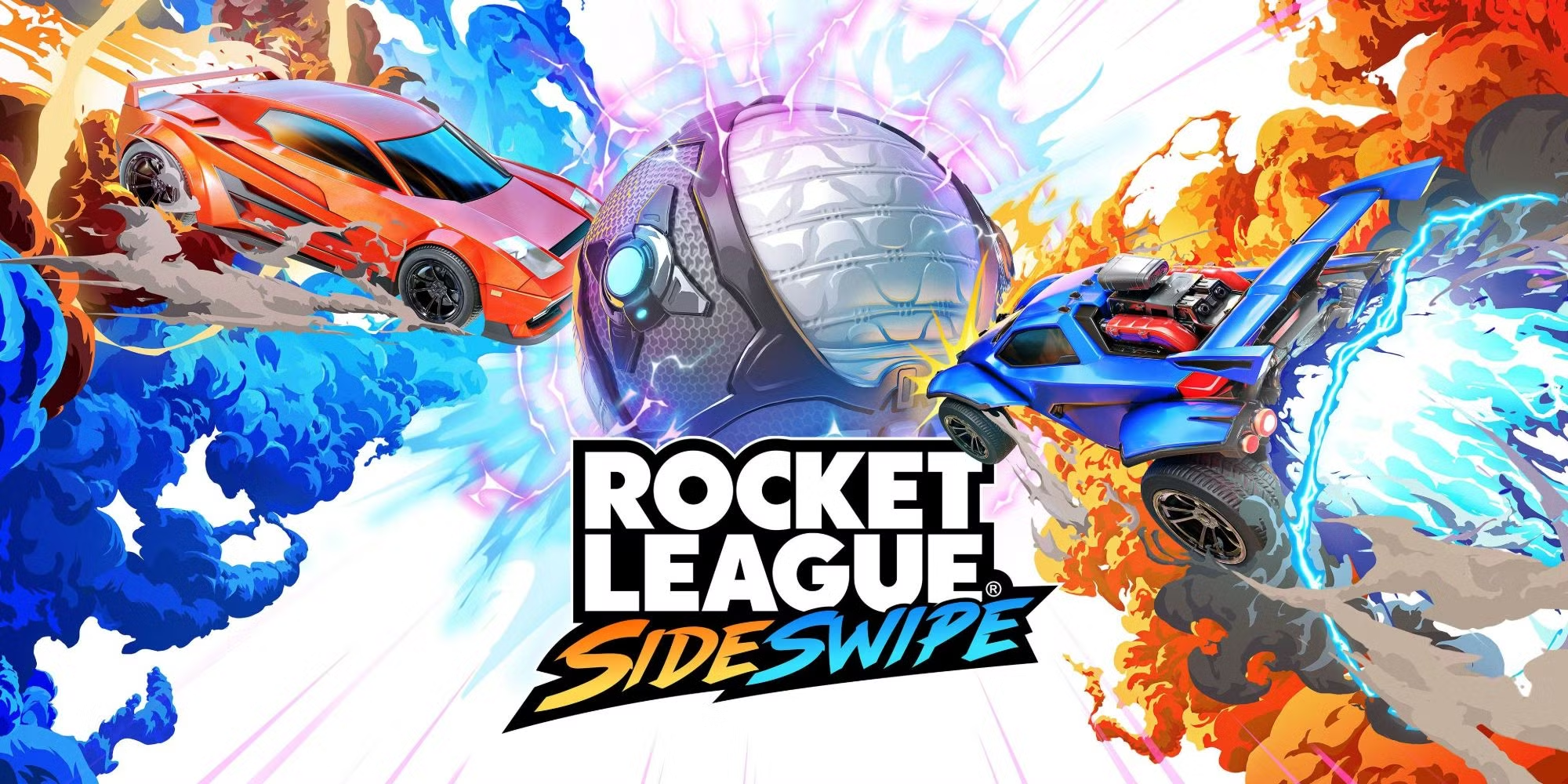
The game’s expansion also features mobile and cloud platforms. For example, a mobile-optimized Rocket League Sideswipe laid the groundwork. In contrast, the full version of Rocket League has become cloud-playable across low-end devices, further expanding the player base. This update has likely spiked Viewership on mobile platforms, especially in Southeast Asia and the Middle East.

Esports organizations have noticed Rocket League's growth. In 2025, teams like FaZe Clan, Gen.G, Team Vitality, and G2 Esports will invest heavily in the game. Sponsorship deals are flowing from energy drink companies, tech brands, and automotive manufacturers, who are also eager to be associated with many deals in progress.
Similarly, third-party platforms, such as Rocket League coaching websites and those providing high-level guides, enjoy the extra growth.
As we move into 2025, Rocket League continues to show no signs of slowing down, and potential talks of a potential Rocket League 2 or a visual engine overhaul are circulating, speeding things up.
Most importantly, the community is stronger than ever. Streamers, casters, analysts, and fans rally around the game in ways rivaling even some of the biggest esports titles.

Roger is an esports journalist and content writer specializing in League of Legends guides, patch analysis, and coaching insights.
View all articles